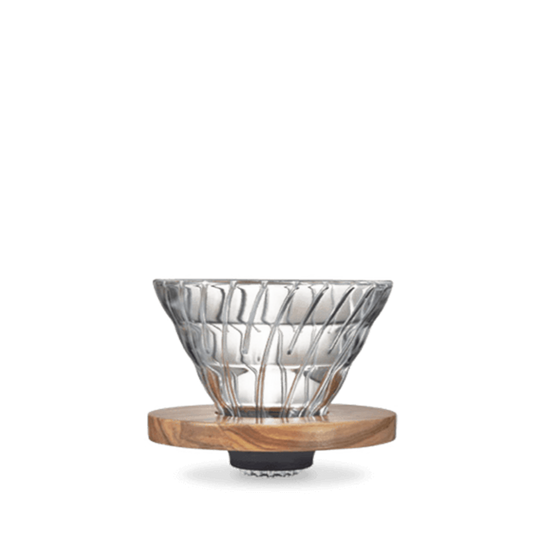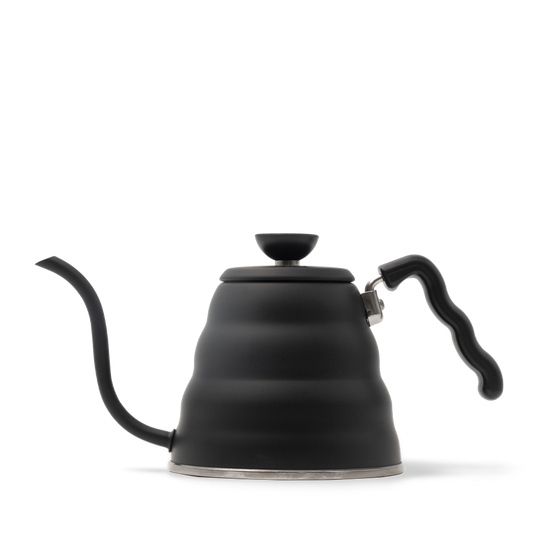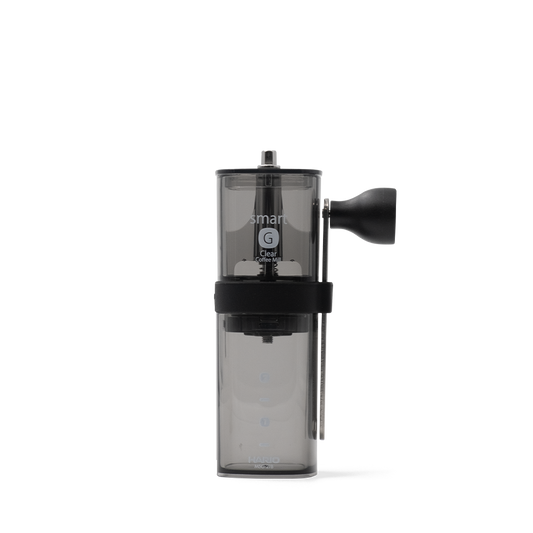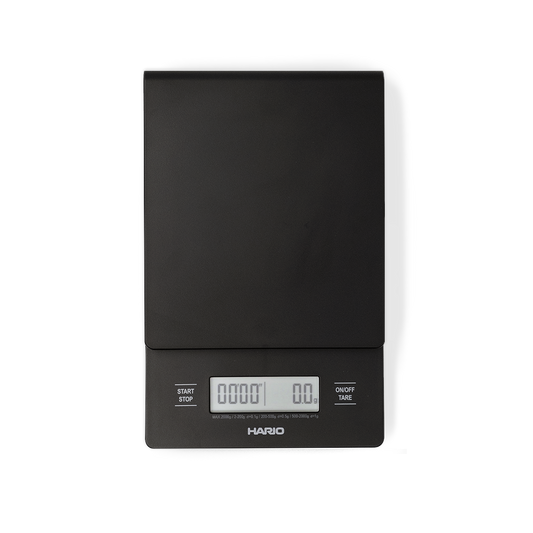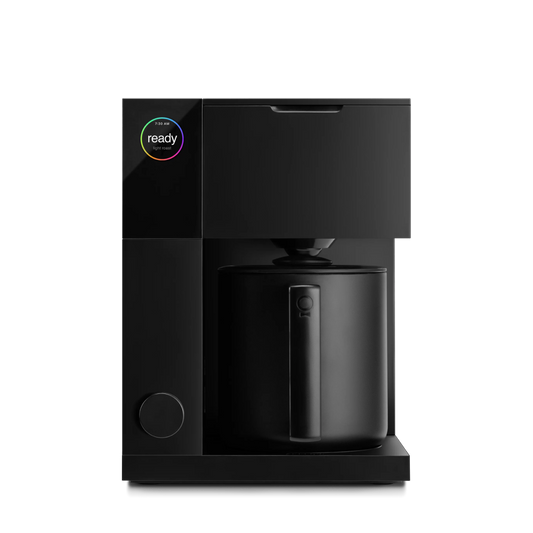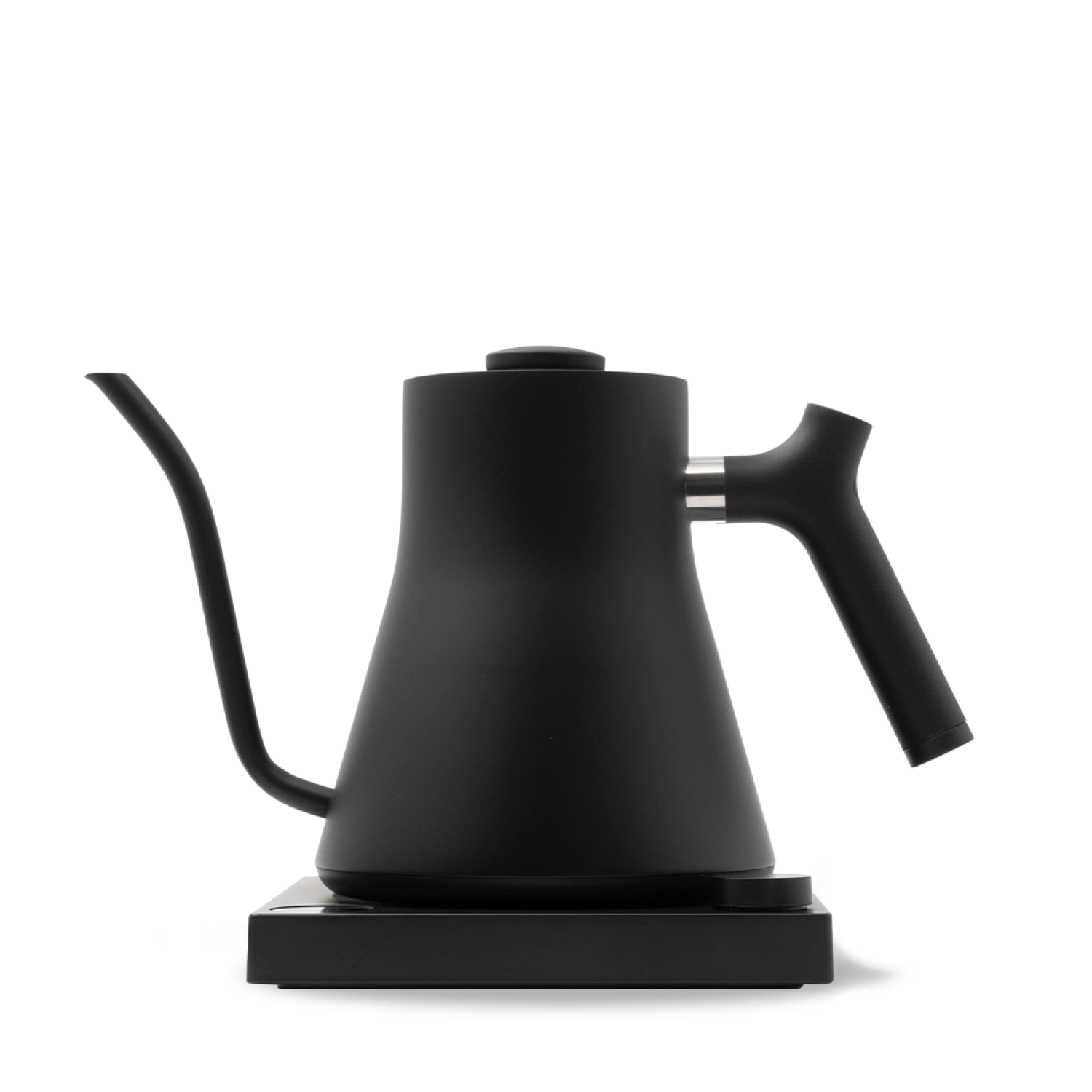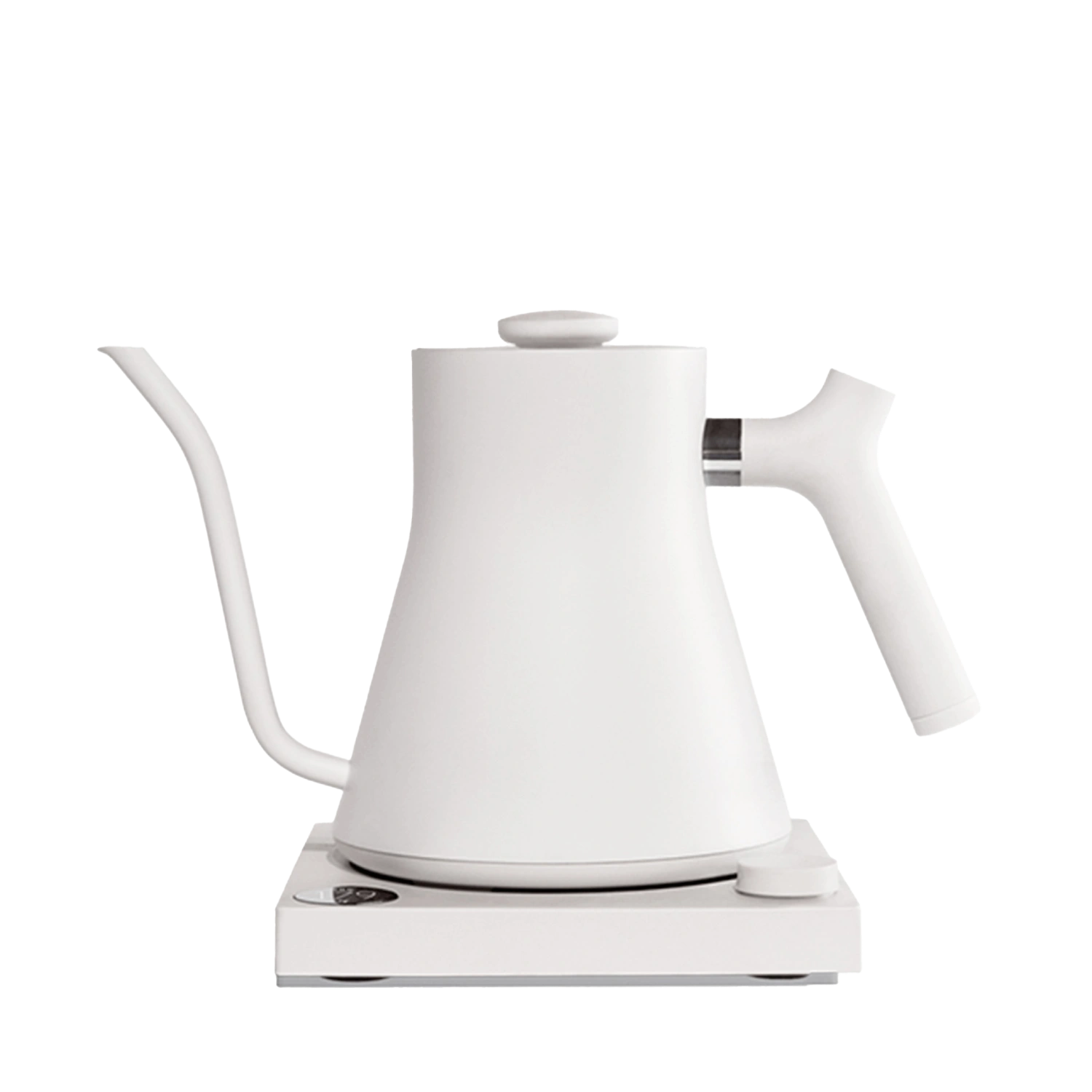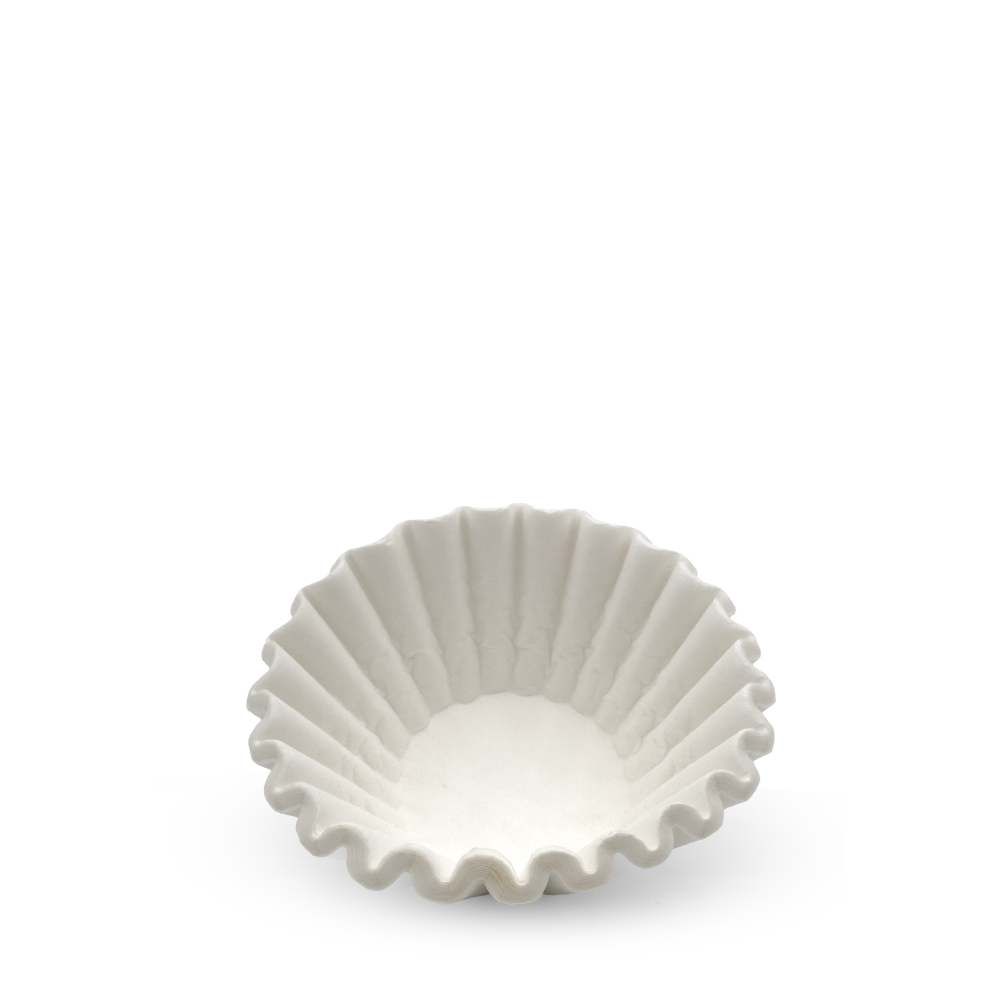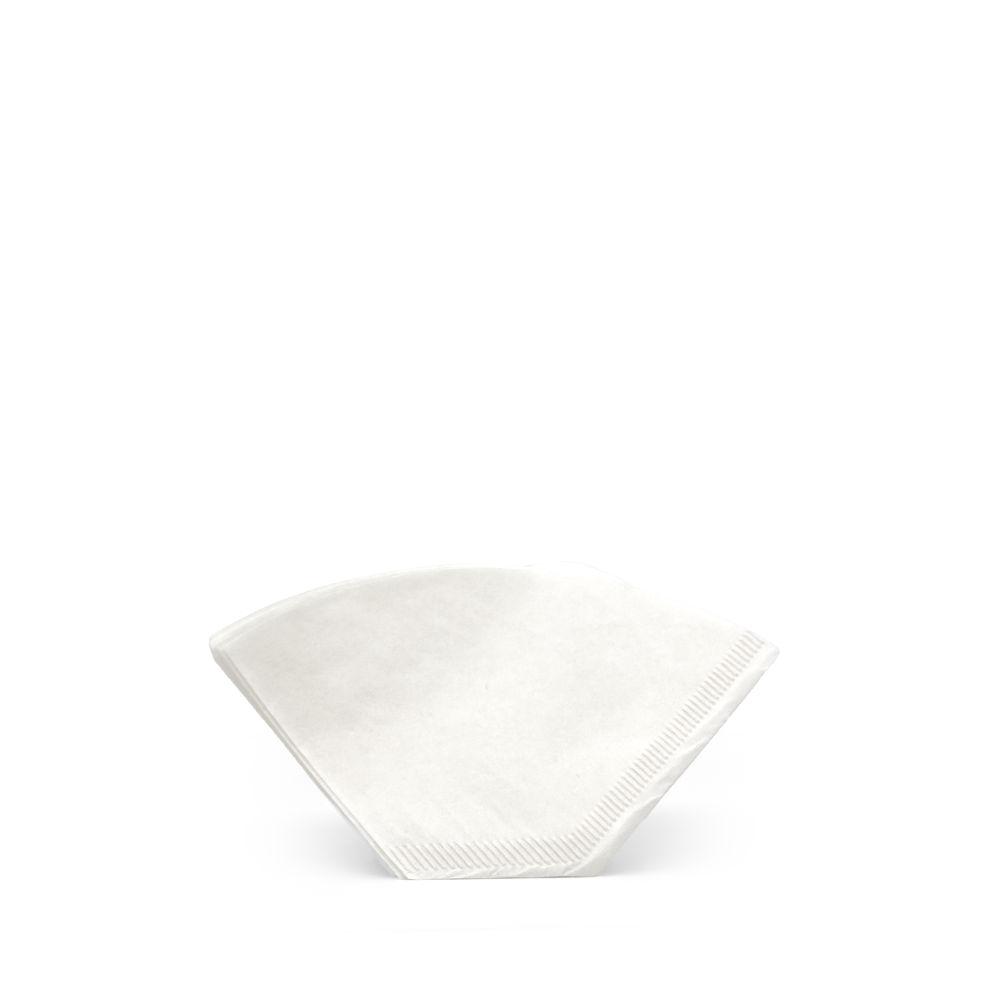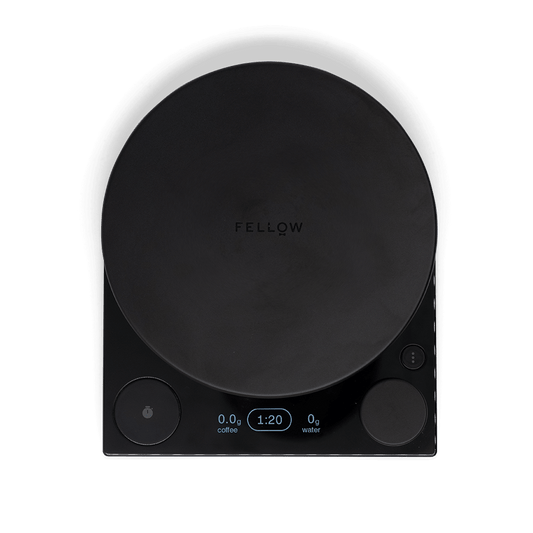

Roberto Ulloa
Roberto Ulloa is one of the most genuine, driven and passionate people we have come across on our coffee travels. He has hosted us at La Divina Providencia several times, making the early drive out of San Salvador to the Apaneca Ilamatepec mountain range in the west of El Salvador. The valley in which La Divina sits is mainly of volcanic origin, and is strikingly beautiful. Lago de Coatepeque, a natural lake formed in the crater of a former volcano, looms in the distance as the road climbs up to the farm, becoming rougher and less defined as it winds its way up the steep slopes of the Santa Ana volcano. Arriving in the deep forest cover of La Divina is calm and tranquil compared to the drama and noise of the journey, and allows a chance to survey and absorb the surroundings.

La Divina Providencia
Roberto is a fifth generation coffee farmer; his family has been working with coffee since the late 19th century, when the Salvadoran industry boomed. His son, Bobby Jr., is also heavily involved, and Roberto works each day to pass on a sustainable business to him. Much of the family’s land lies at lower altitude, but Roberto made the decision to diversify over fifteen years ago, when he purchased the first of the plots that became La Divina Providencia. The land, high on the fertile volcanic slopes of Santa Ana, was initially planted in the late 19th century, by a colonial Spanish family. After El Salvador’s civil war, the lands were left abandoned by their original owners, becoming overgrown and uncontrolled. Years of work from Roberto have resulted in a beautifully lush coffee forest.
-v1768322380791.webp?5980x7474)
Using natural and manual methods of weed control, disease control and fertilisation, Roberto works with nature in order to create a functional eco-system on the farm. Varietals are planted alongside each other in the forest, rather than in monocultural plots, meaning skilled pickers are required to distinguish between Red Bourbon, Orange Bourbon, SL28, Pacamara and Geisha trees in order to keep each varietal separate throughout processing. Some very old techniques are used, such as the Parra system, where coffee trees are bent to one side in order to encourage new growth directly upwards, an alternative to stumping and heavy pruning.

Roberto also carries out processing with a careful touch. As many steps as possible are carried out manually, without using mechanical equipment that may damage the fragile germ inside the seed. This intimate level of knowledge and care in each stage of production leads to some of the most characterful coffees we have tried from this part of El Salvador.
Natural SL28
The farm has expanded over the intervening years, mainly planting extra SL28 and Red Bourbon trees, while Roberto was excited to show us expanded numbers of Geisha and Pacamara trees last year compared to our previous visit. The SL28 planted in this part of El Salvador originates from the early days of coffee cultivation in the country, when much of the industry was controlled by a small number of powerful families. Several of them returned from a safari trip to Kenya in the early 20th century with seeds that resembled Bourbon, but had some unique characteristics.
-v1768322382950.webp?8192x5461)
Most of the SL28 in the west of El Salvador is descended from these seeds, which is thought to pre-date the final selection of SL28, so is often referred to as ‘Kenya Bourbon’. This lot was dried directly on raised beds for 30 days, leading to a complex flavour profile with bright red berry notes up front from the varietal, followed up by sweet brown sugar and tropical fruit enhanced by the process.














